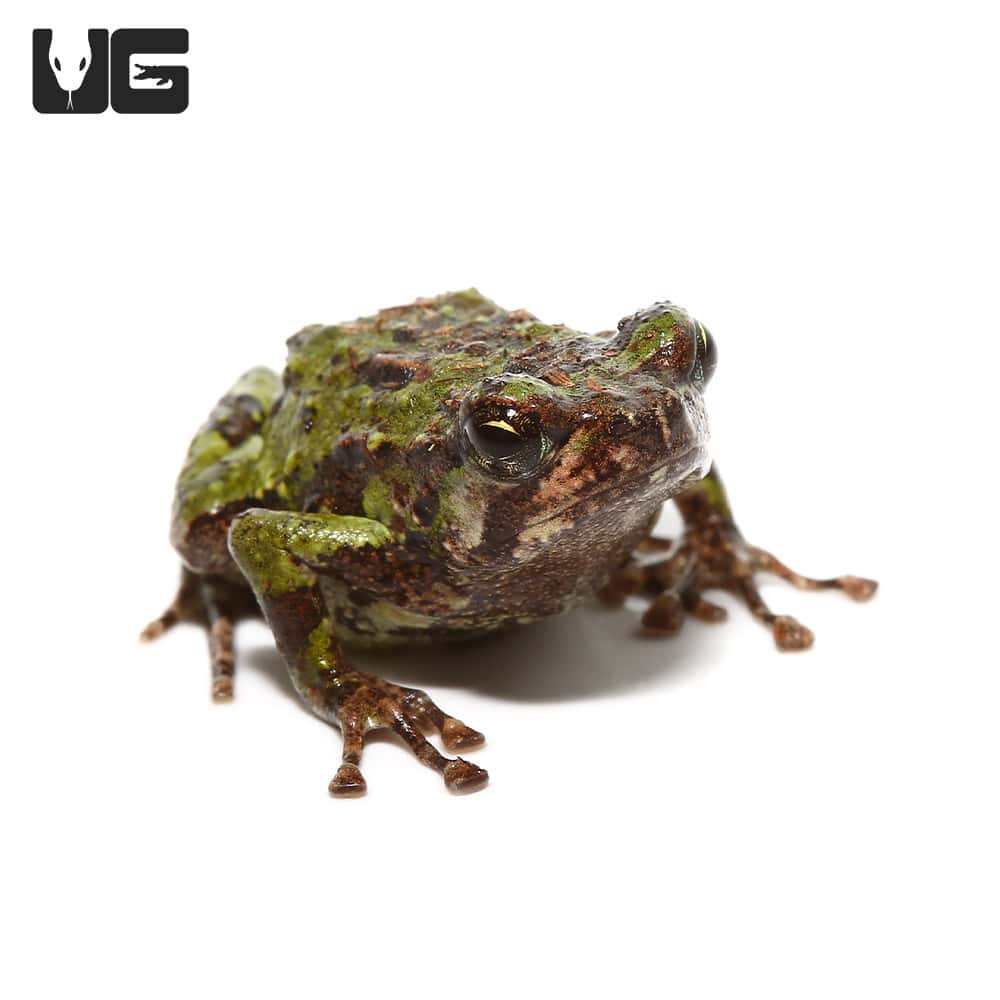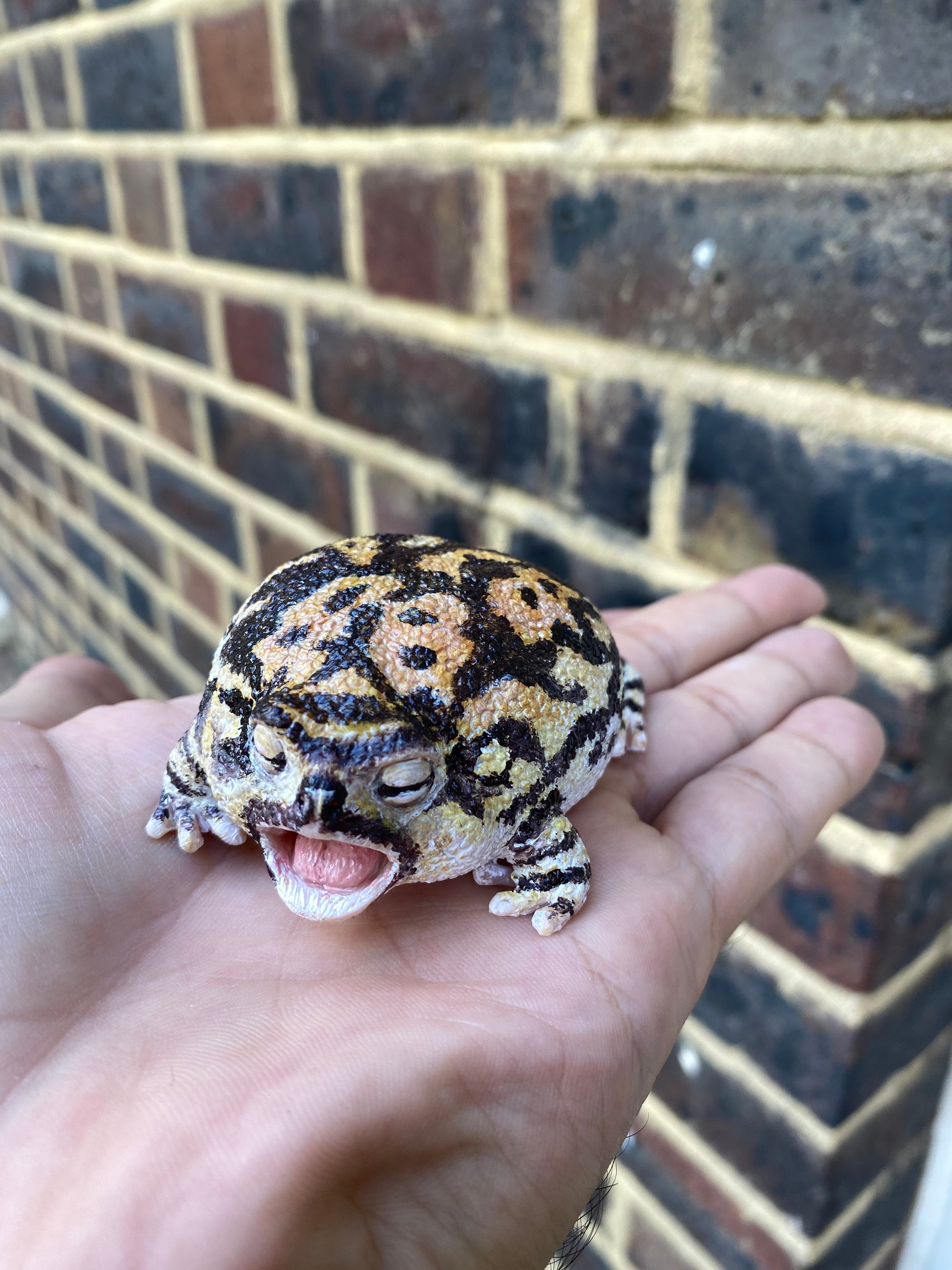Discover Exotic Rain Frog for Sale: Your Gateway to One-of-a-kind Amphibian Animals!
Discover Exotic Rain Frog for Sale: Your Gateway to One-of-a-kind Amphibian Animals!
Blog Article
Common Health And Wellness Issues in Reptiles: Symptoms and Solutions
In the complex world of reptile treatment, comprehending the typical health issues that might impact these distinct creatures is vital in ensuring their health. Whether it's grappling with parasitic infestations, browsing dehydration worries, or resolving skin disorders that show up in subtle means, being attuned to the symptoms and equipped with the understanding of efficient solutions is vital for any reptile proprietor.
Respiratory Infections
Respiratory infections in reptiles can substantially influence their general health and wellness and require punctual interest from skilled veterinarians. These infections are commonly triggered by fungis, germs, or viruses and can materialize with signs and symptoms such as hissing, nasal discharge, open-mouth breathing, and lethargy. In reptiles, respiratory infections can be particularly challenging to detect and treat as a result of their one-of-a-kind anatomy and physiology. Vets typically rely upon a combination of checkups, analysis imaging, and research laboratory tests to accurately recognize the underlying source of the infection.
Therapy for respiratory infections in reptiles usually involves a mix of encouraging care, such as preserving proper moisture degrees and temperature level slopes in the room, as well as targeted medication to deal with the particular microorganism in charge of the infection. It is critical for reptile owners to monitor their pet dogs very closely for any type of signs of breathing distress and seek veterinary treatment at the earliest indicator of an issue. With prompt intervention and proper treatment, numerous reptiles can recover fully from respiratory infections and return to typical tasks.

Metabolic Bone Illness
What factors add to the growth of Metabolic Bone Condition in reptiles?
Metabolic Bone Disease (MBD) in reptiles is primarily brought on by a lack of correct calcium, phosphorus, and vitamin D3 degrees in their diet regimen. When reptiles do not receive adequate calcium, either via their food or proper UVB exposure for vitamin D3 synthesis, they go to a high risk of creating MBD. Reptiles with diets low in calcium or imbalanced calcium to phosphorus ratios are specifically at risk. Furthermore, poor direct exposure to UVB light stops reptiles from manufacturing vitamin D3, which is critical for calcium absorption and bone health.
Not enough humidity degrees can also affect a reptile's capability to metabolize calcium successfully. Routine vet exams, appropriate husbandry methods, and a balanced diet regimen are important to stop Metabolic Bone Disease in reptiles.
Parasitic Infestations
Parasitic infestations present a considerable health threat to reptiles, affecting their general wellness and calling for prompt veterinary attention. Reptiles can be impacted by various bloodsuckers, consisting of mites, ticks, internal worms, and protozoa. These parasites can cause a variety of symptoms, such as weight loss, lethargy, skin inflammation, looseness of the bowels, and also fatality if left untreated.
One usual bloodsucker located in reptiles is the mite, which can cause skin anxiety, inflammation, and anemia. Ticks are one more exterior bloodsucker that can trigger and transfer illness pain to the reptile. Internal bloodsuckers like worms and protozoa can lead to digestive system problems, lack of nutrition, and compromise the reptile's immune system.
To detect a parasitic problem, a vet might do fecal tests, skin scrapings, or blood examinations. Therapy often entails deworming medicines, antiparasitic baths, or in serious situations, hospitalization. Preventative measures such as normal vet examinations, proper hygiene, and quarantine treatments for new reptiles can help minimize the danger of parasitic invasions and guarantee the well-being of reptile family pets.
Dehydration and Hydration Issues
Dehydration in reptiles can substantially influence their health and well-being, necessitating timely treatment and ideal hydration management. Reptiles are vulnerable to dehydration because of different aspects such as poor water consumption, high ecological temperature levels, and particular see this website health and wellness problems. Symptoms of dehydration in reptiles include sunken eyes, sleepiness, loss of skin elasticity, and decreased urination. Dehydration can lead to major wellness issues and also be fatal to the reptile - rain frog for sale. if left unattended.
To avoid dehydration, reptile proprietors must guarantee that their family pets have accessibility to clean water in any way times. The water recipe ought Click Here to be huge sufficient for the reptile to soak in if required, especially for species that soak up water with their skin. Furthermore, maintaining proper humidity degrees in the reptile's room and supplying regular baths can assist protect against dehydration.
In situations of dehydration, it is critical to look for vet care promptly. A veterinarian may carry out liquids either orally or through shots to rehydrate the reptile. It is important to resolve the underlying cause of dehydration to avoid recurrence and make certain the reptile's total well-being.
Skin Conditions

Final Thought

Respiratory system infections in reptiles can substantially impact their overall wellness and need punctual interest from experienced veterinarians (rain frog for sale). Preventative actions such as routine vet check-ups, correct health, and quarantine treatments for new reptiles can help minimize the danger of parasitic infestations and ensure the wellness of reptile animals
If left without treatment, dehydration can lead to significant wellness problems and also be fatal read this article to the reptile.
Consistently inspecting your reptile for any changes in skin texture, look, or shade can aid in very early discovery and treatment of skin disorders, promoting the total health and wellness and well-being of your scaly friend. - rain frog for sale
In conclusion, reptiles are susceptible to numerous health issues such as respiratory system infections, metabolic bone illness, parasitic infestations, dehydration, and skin ailments.
Report this page